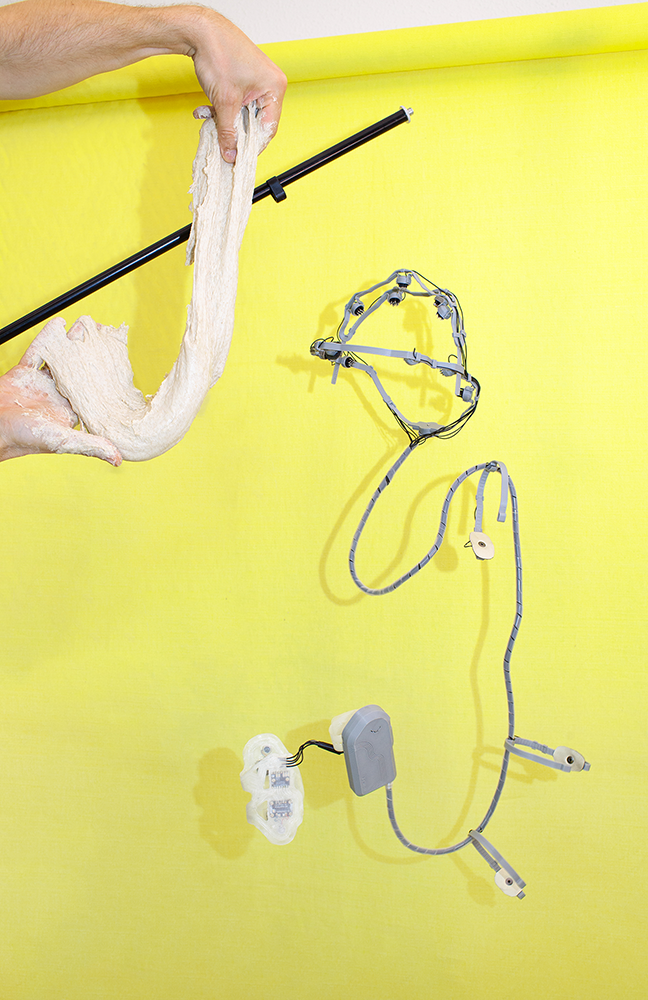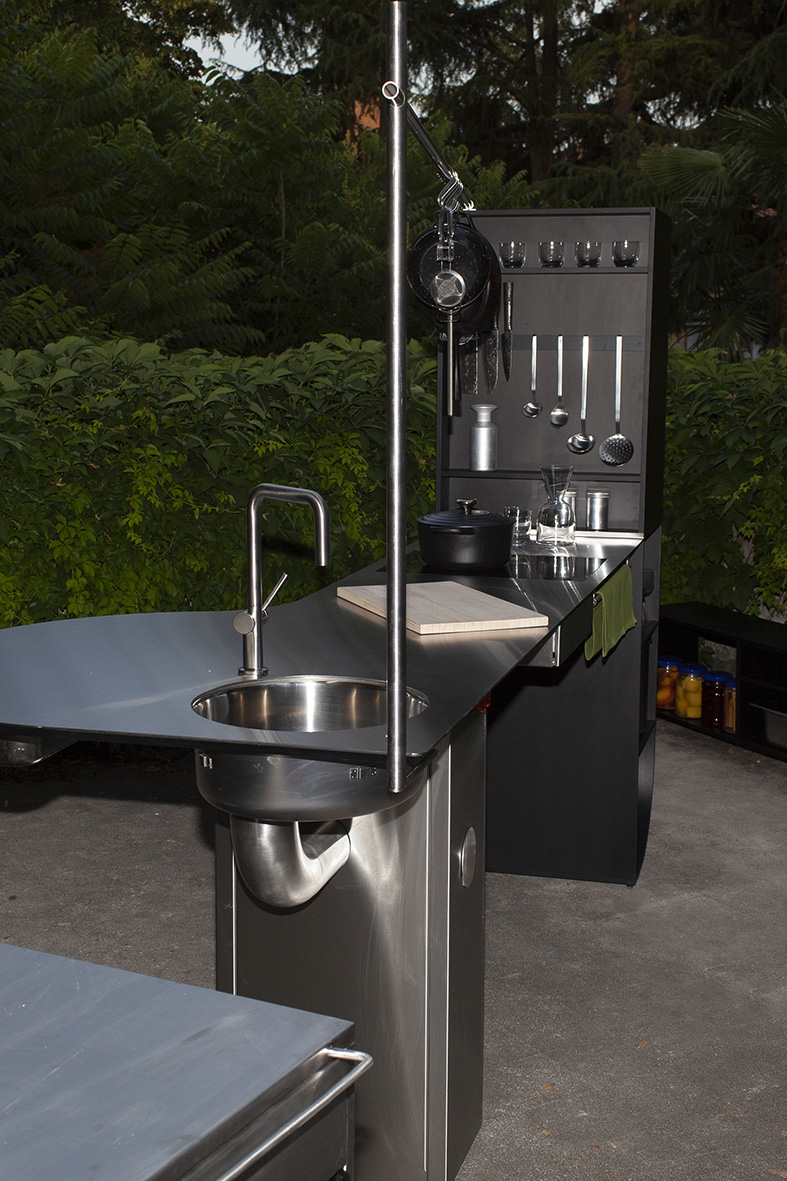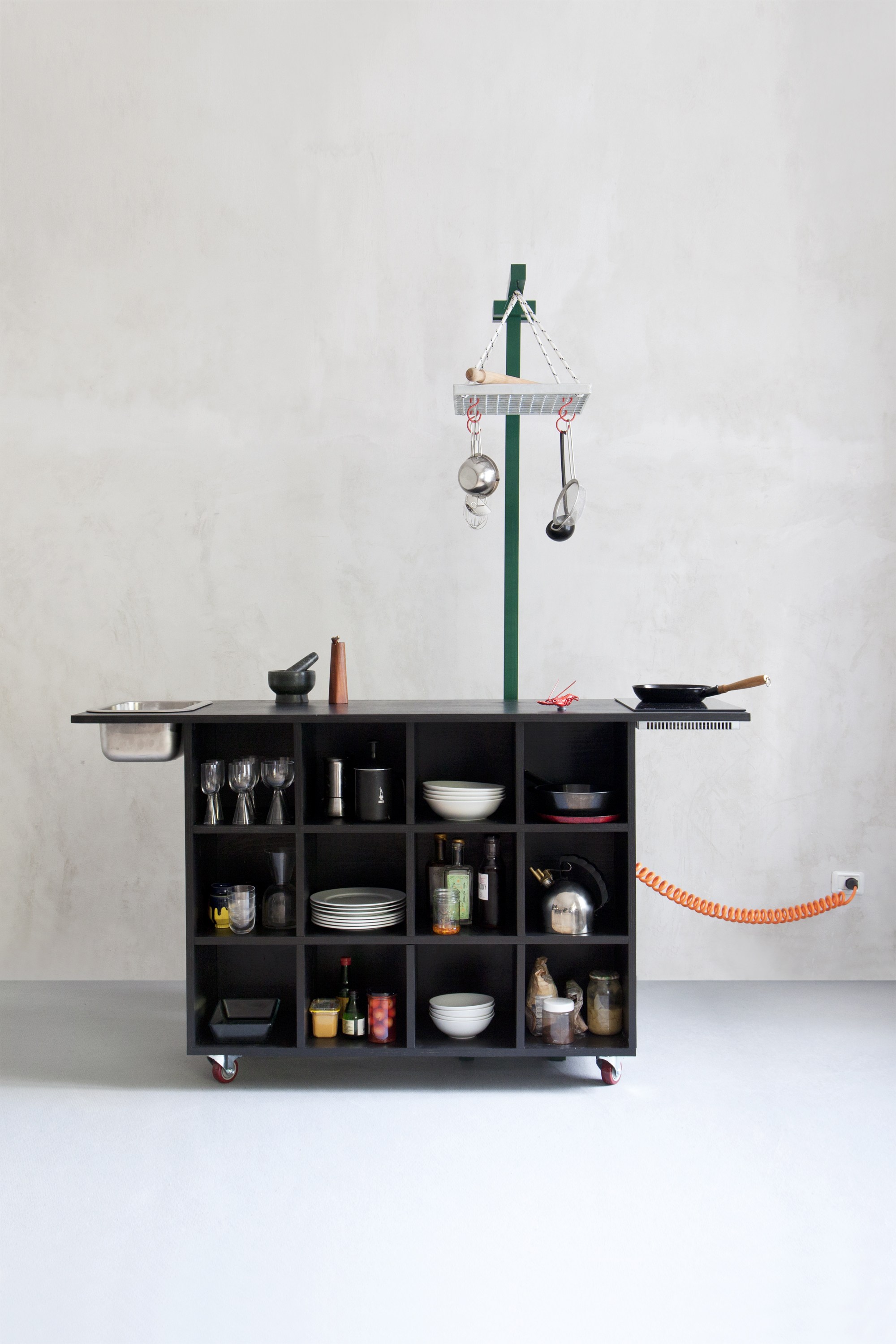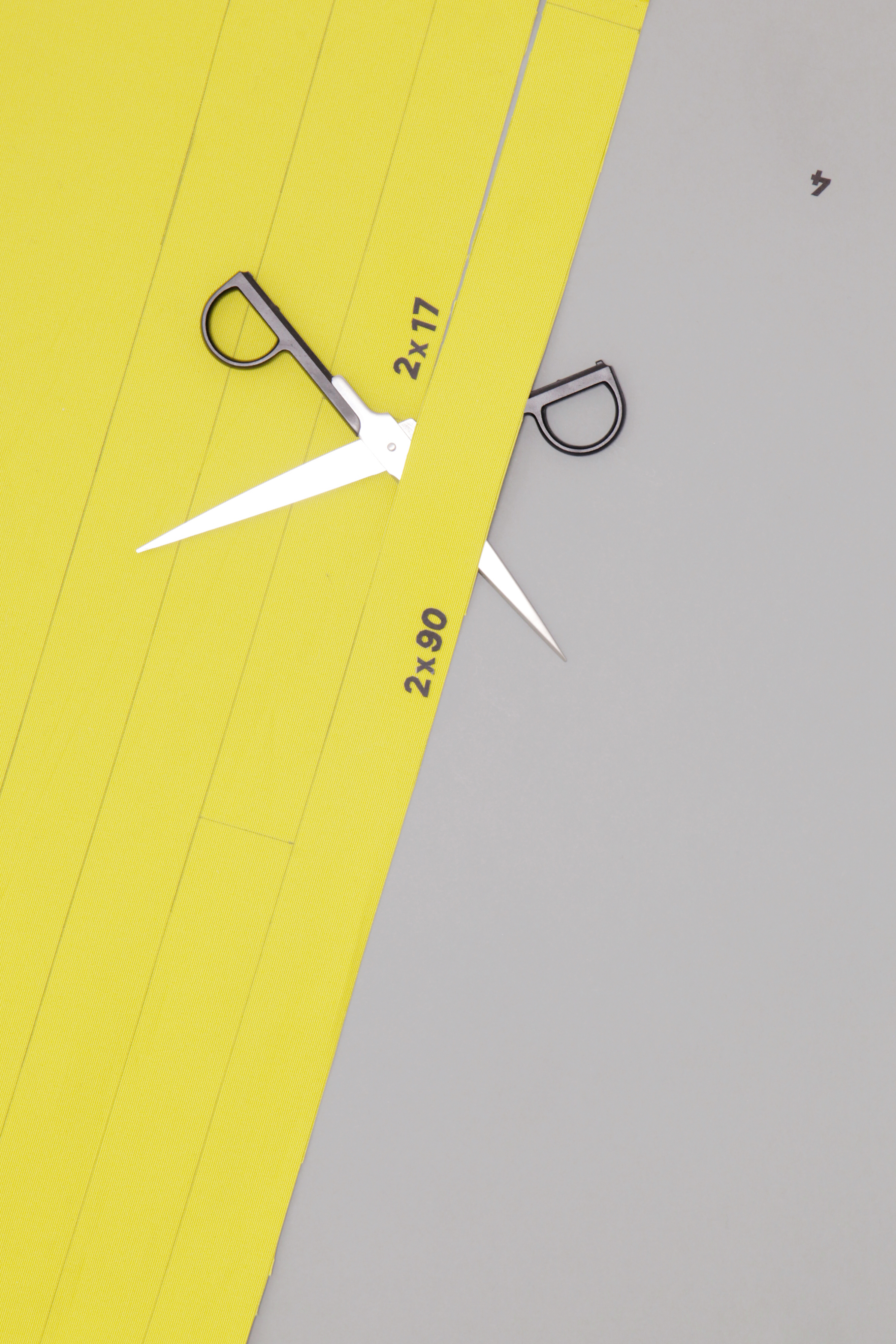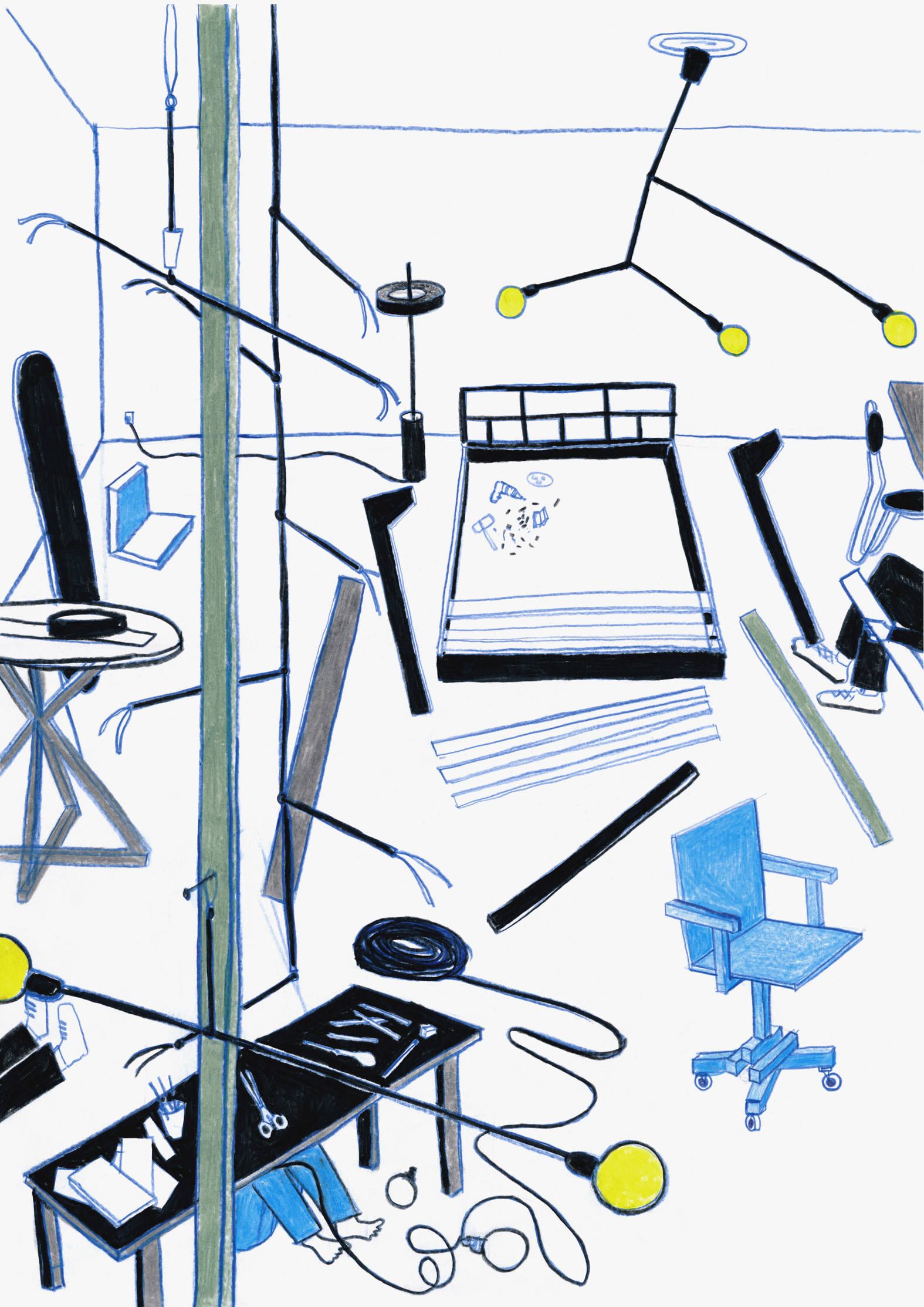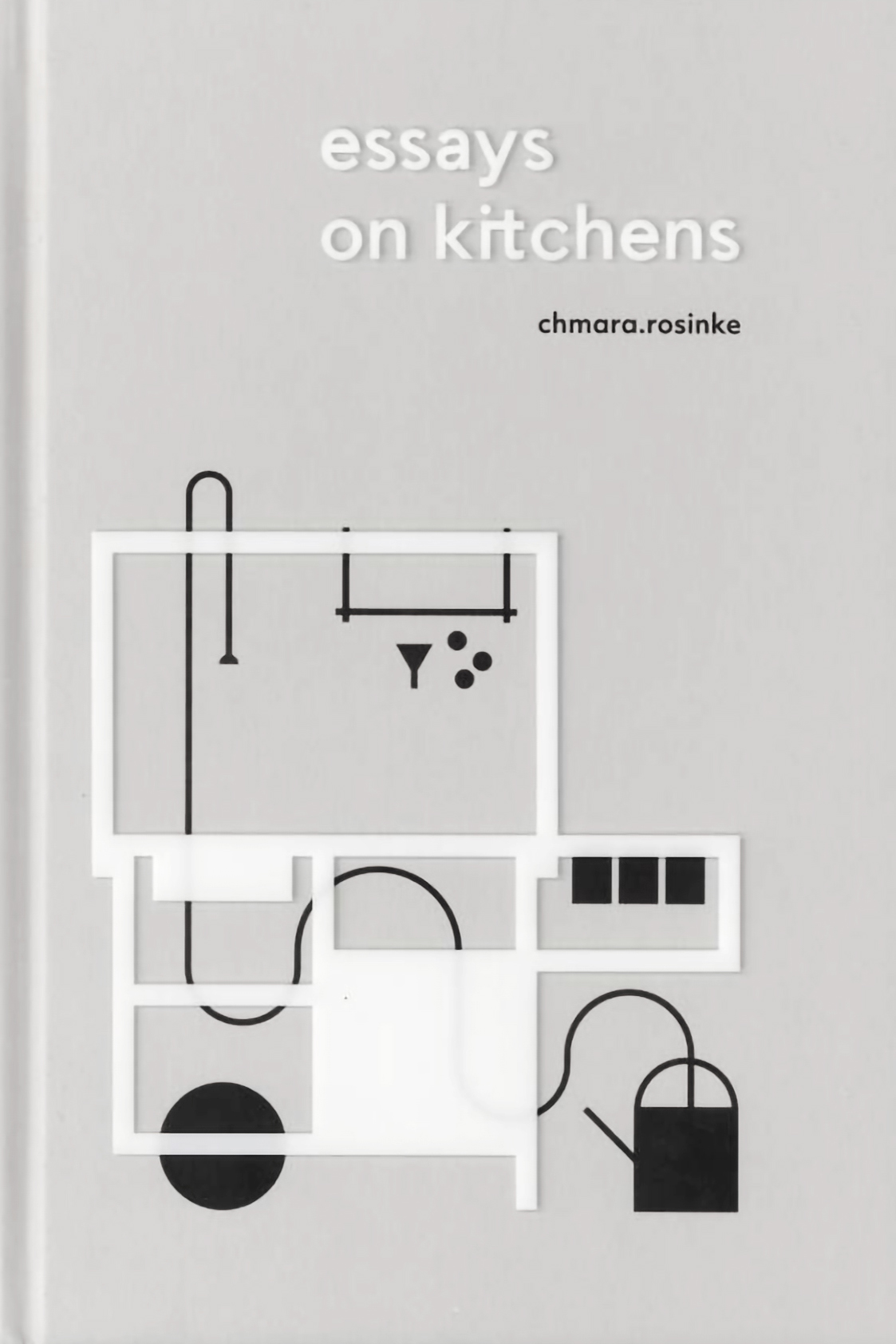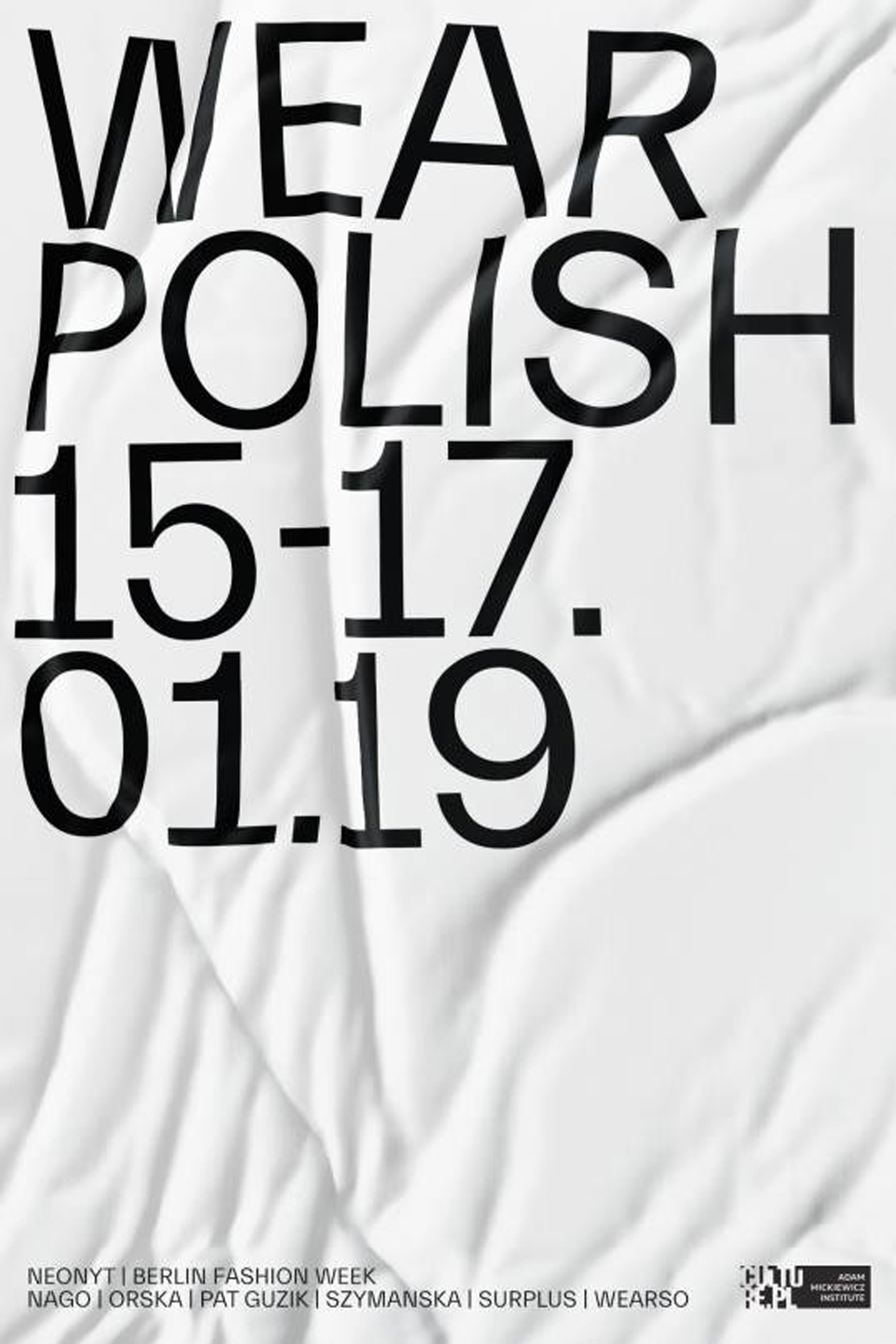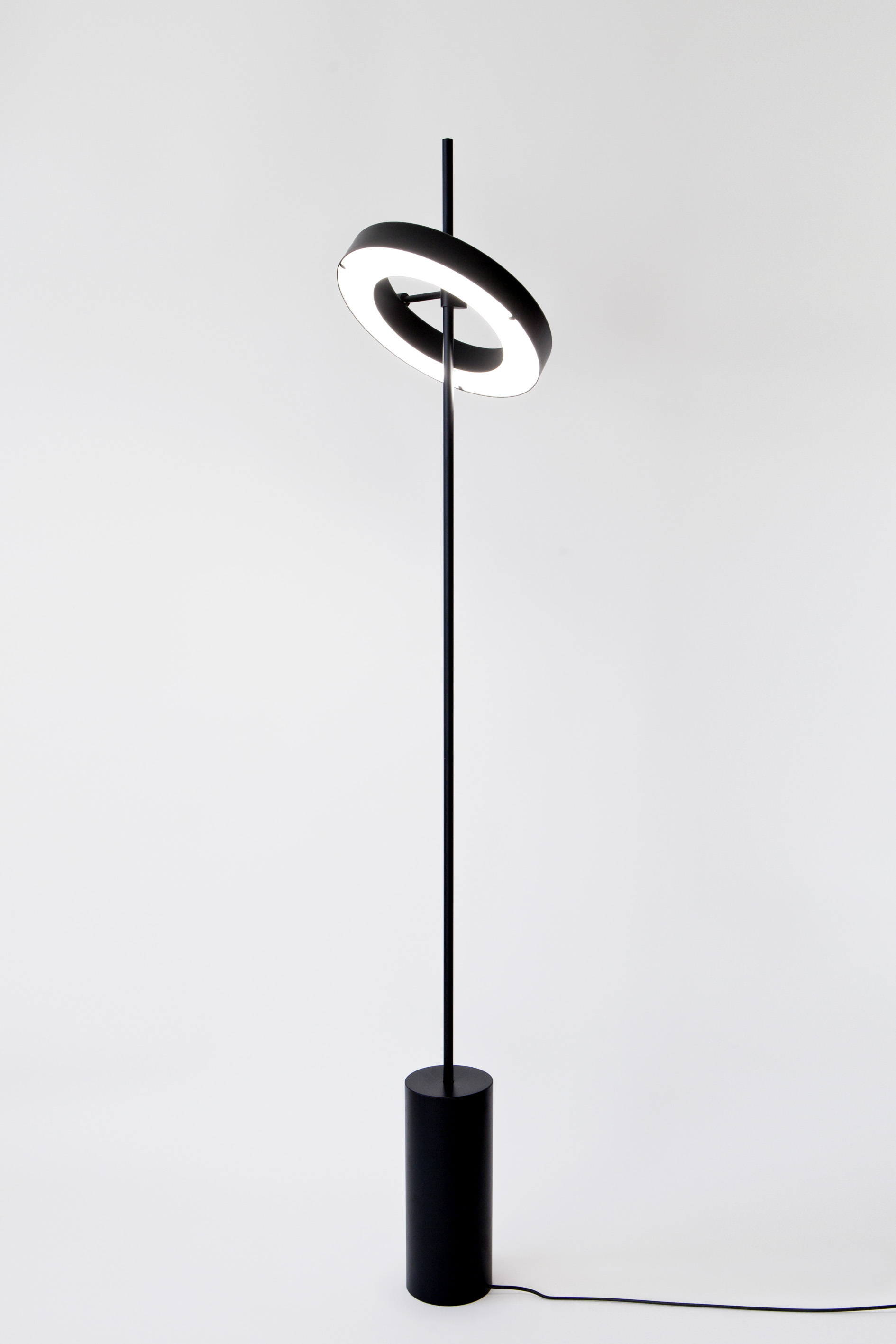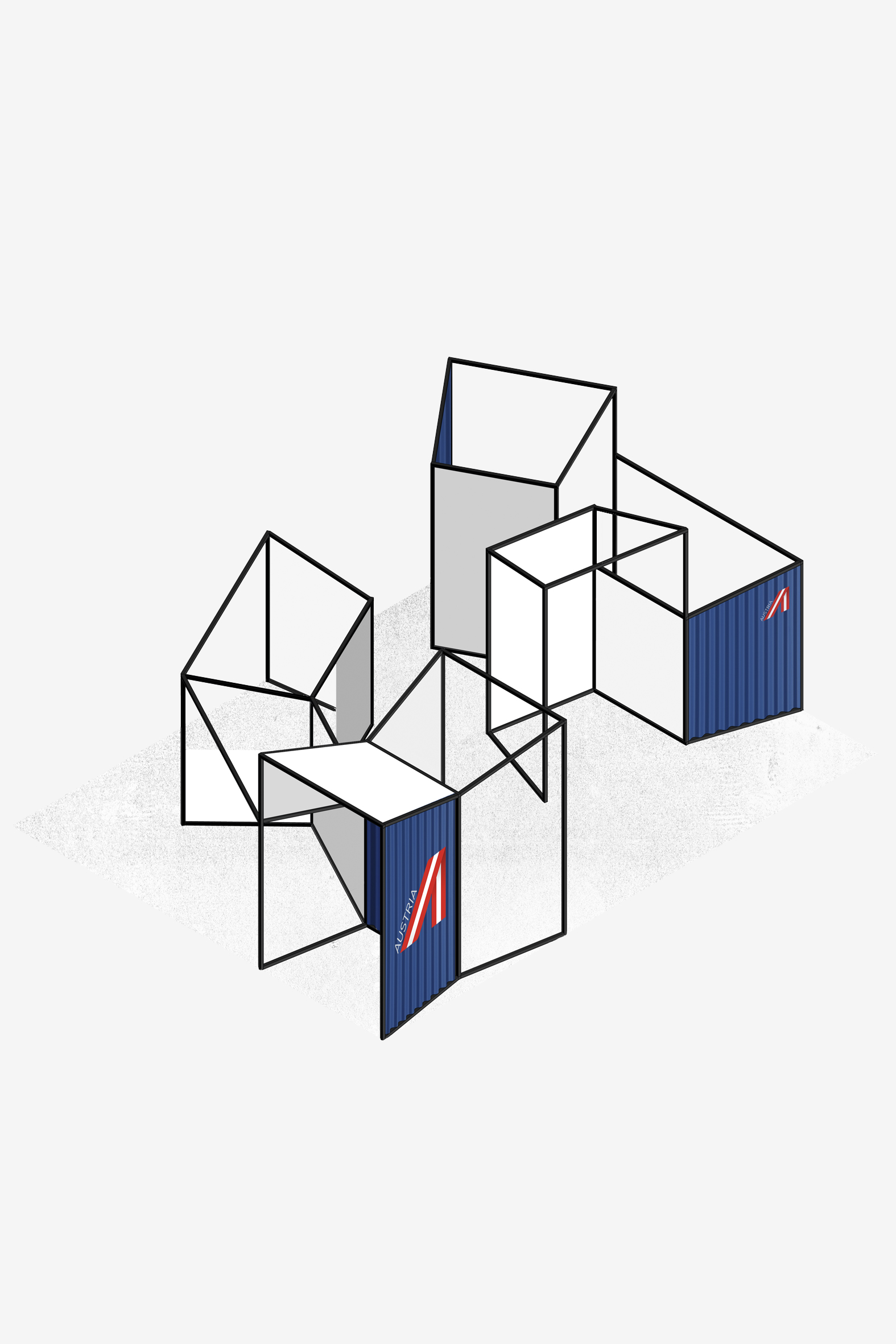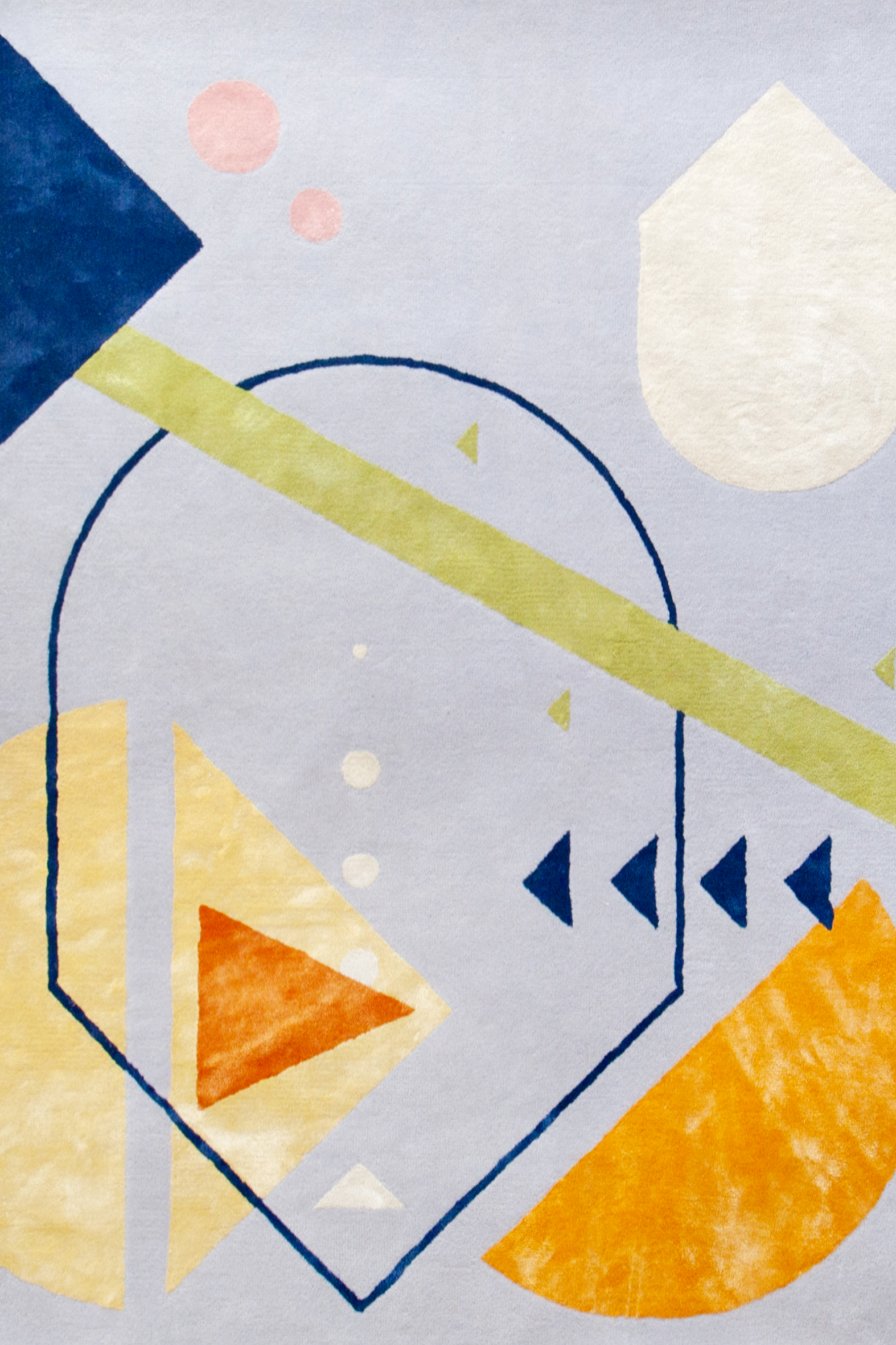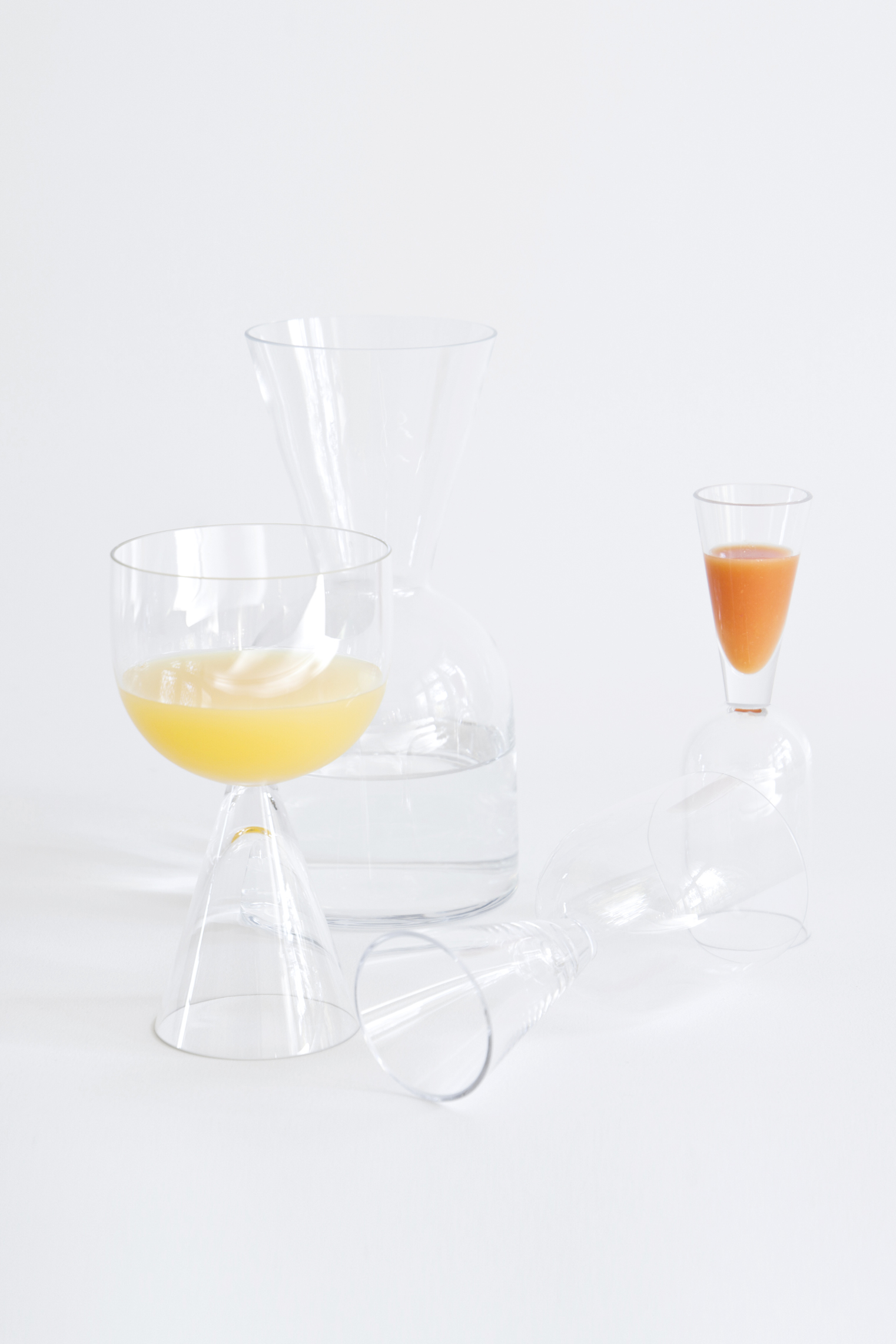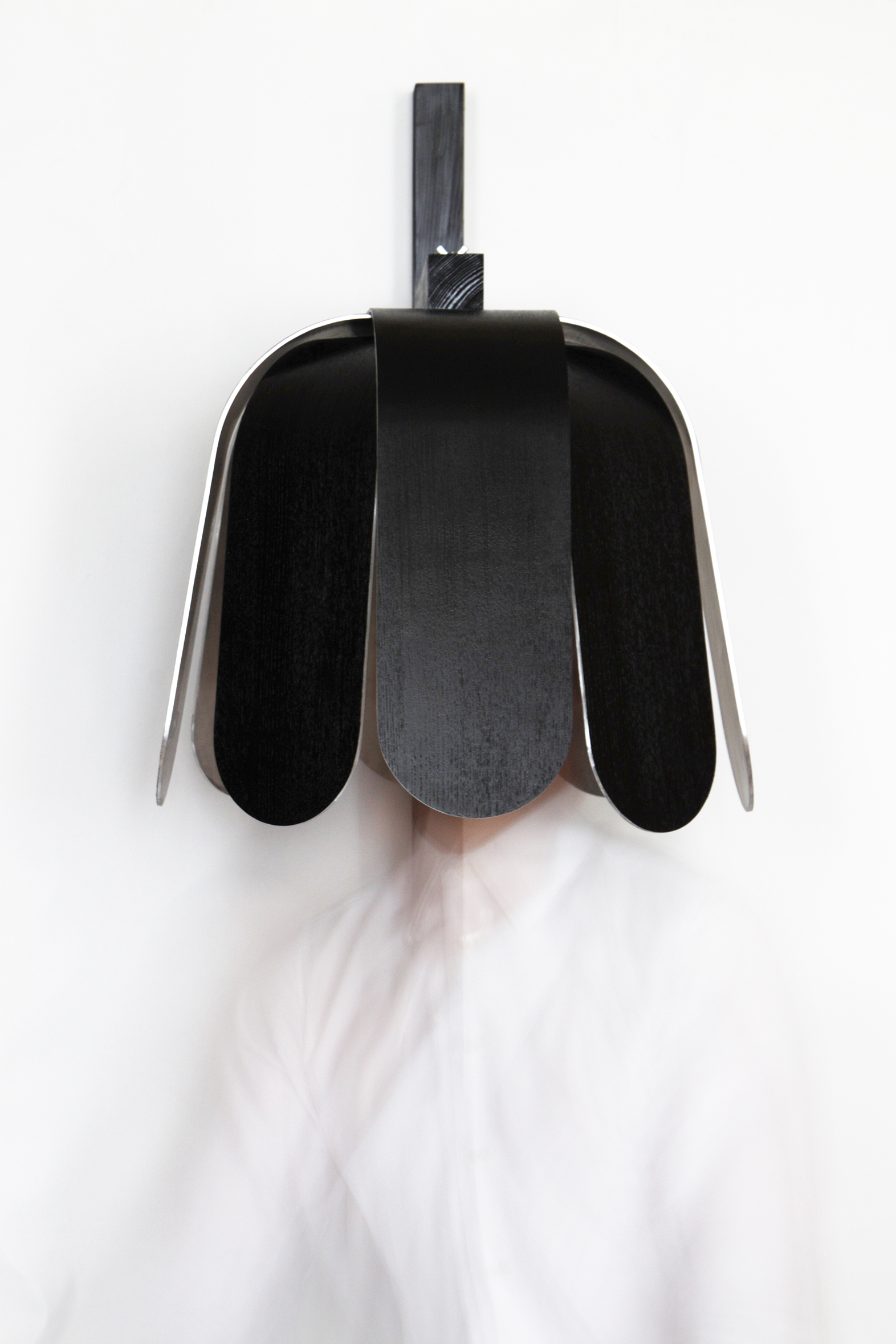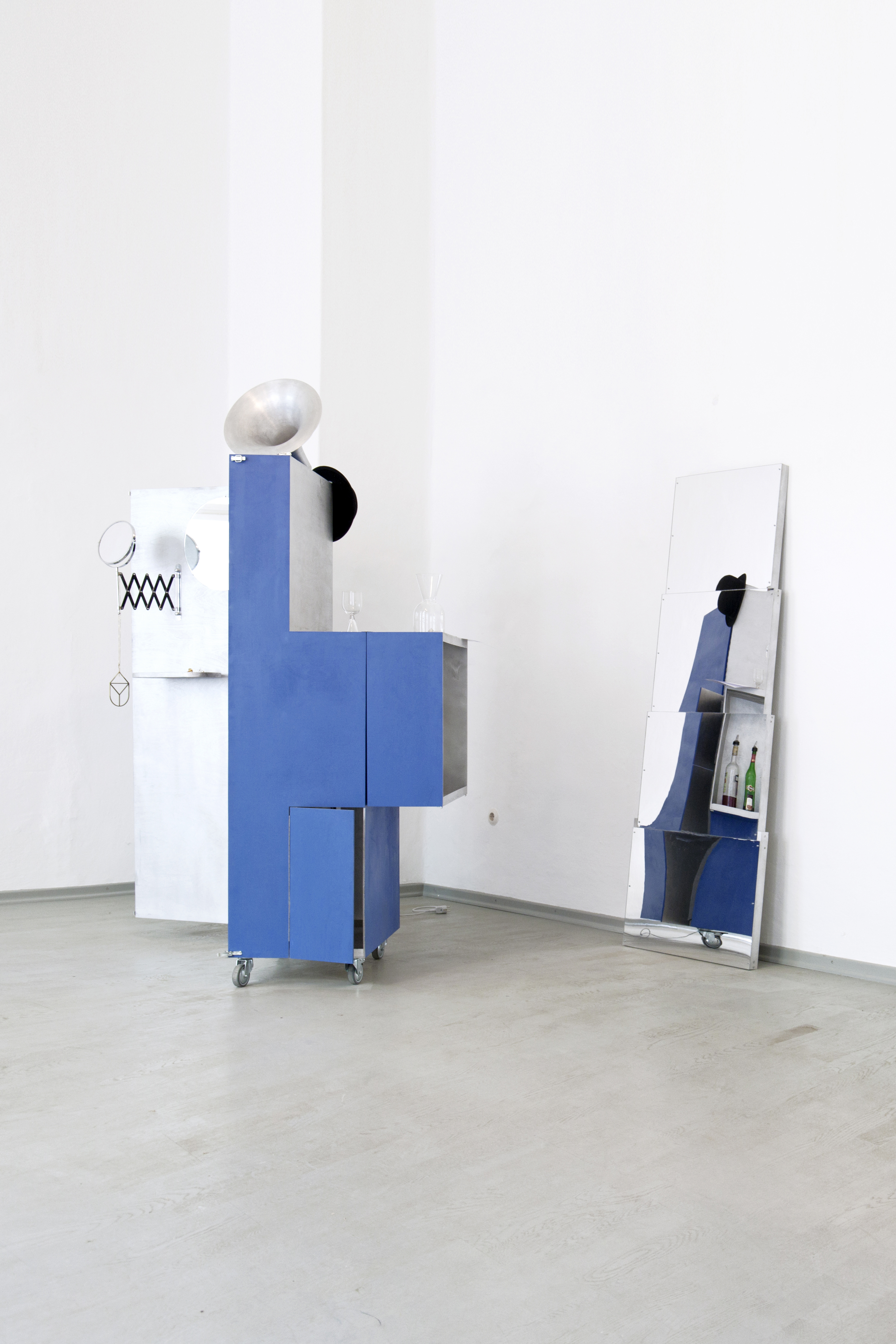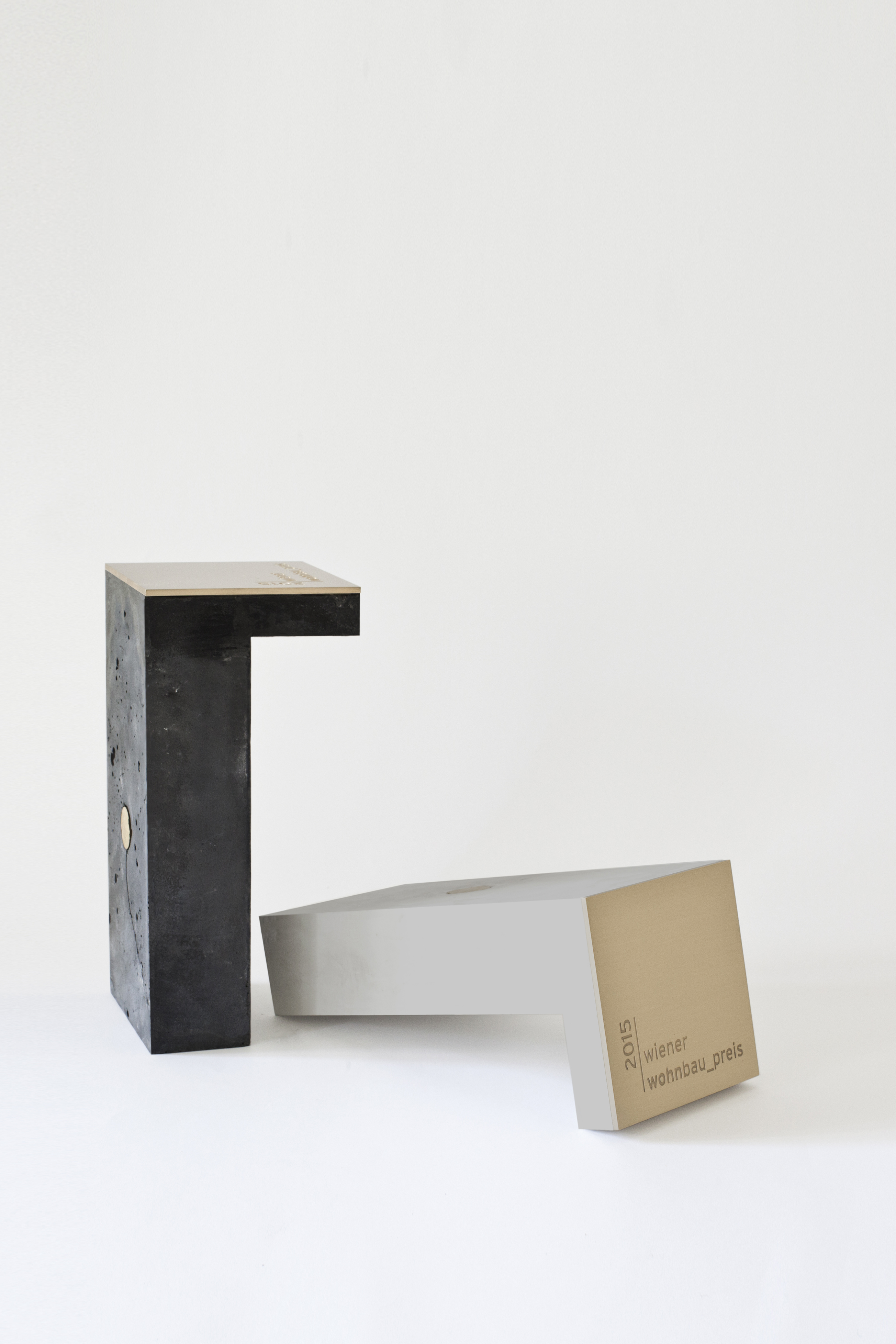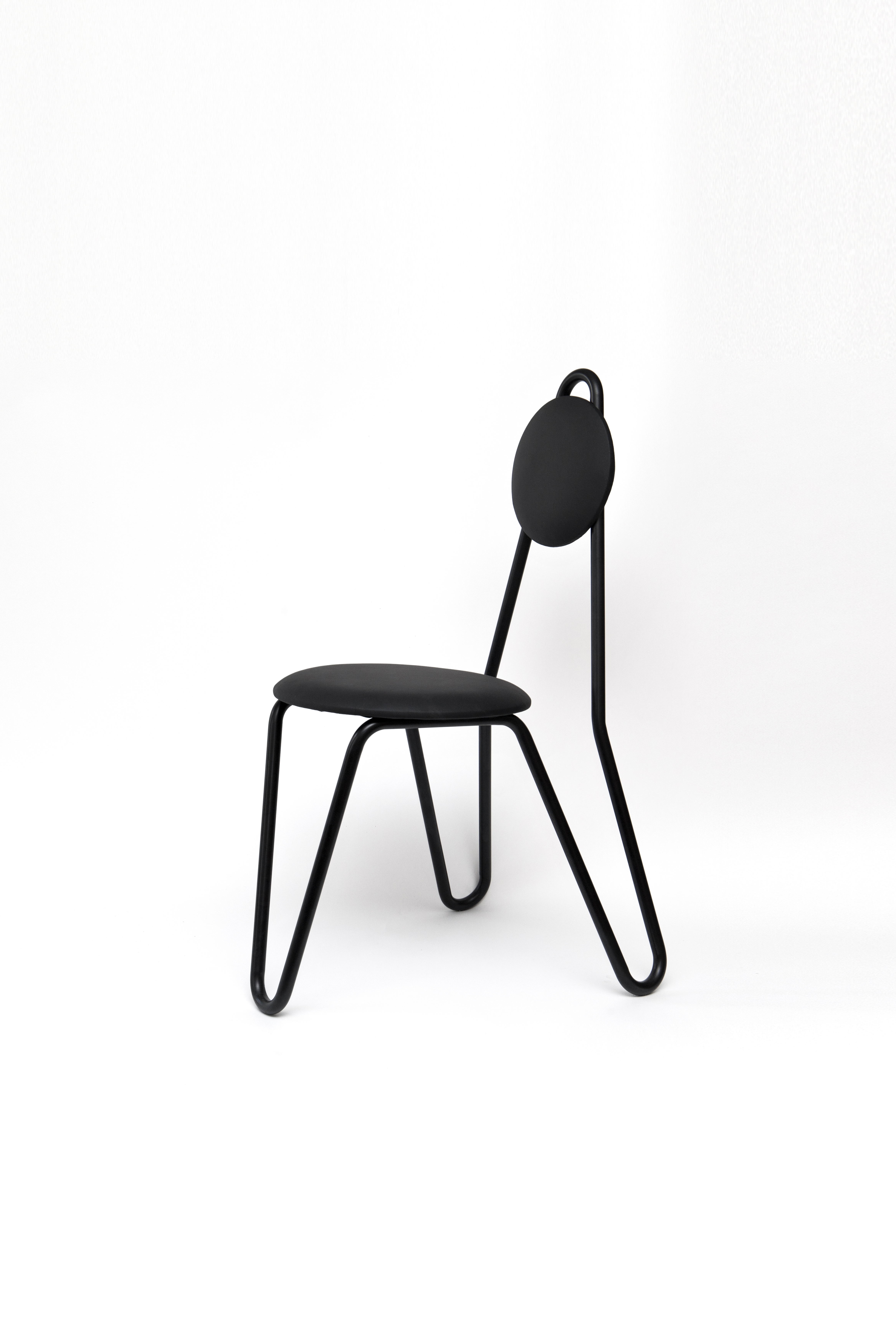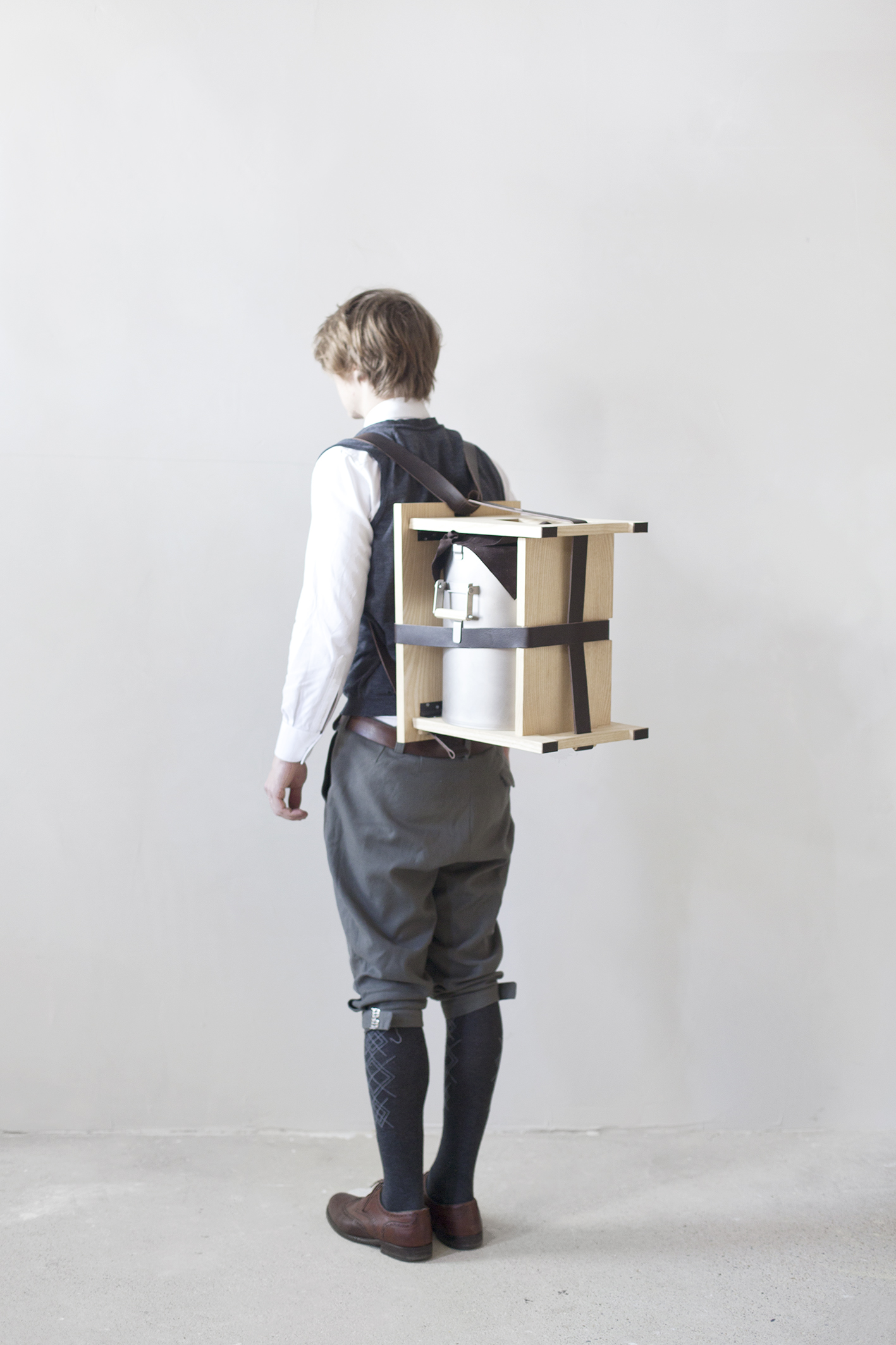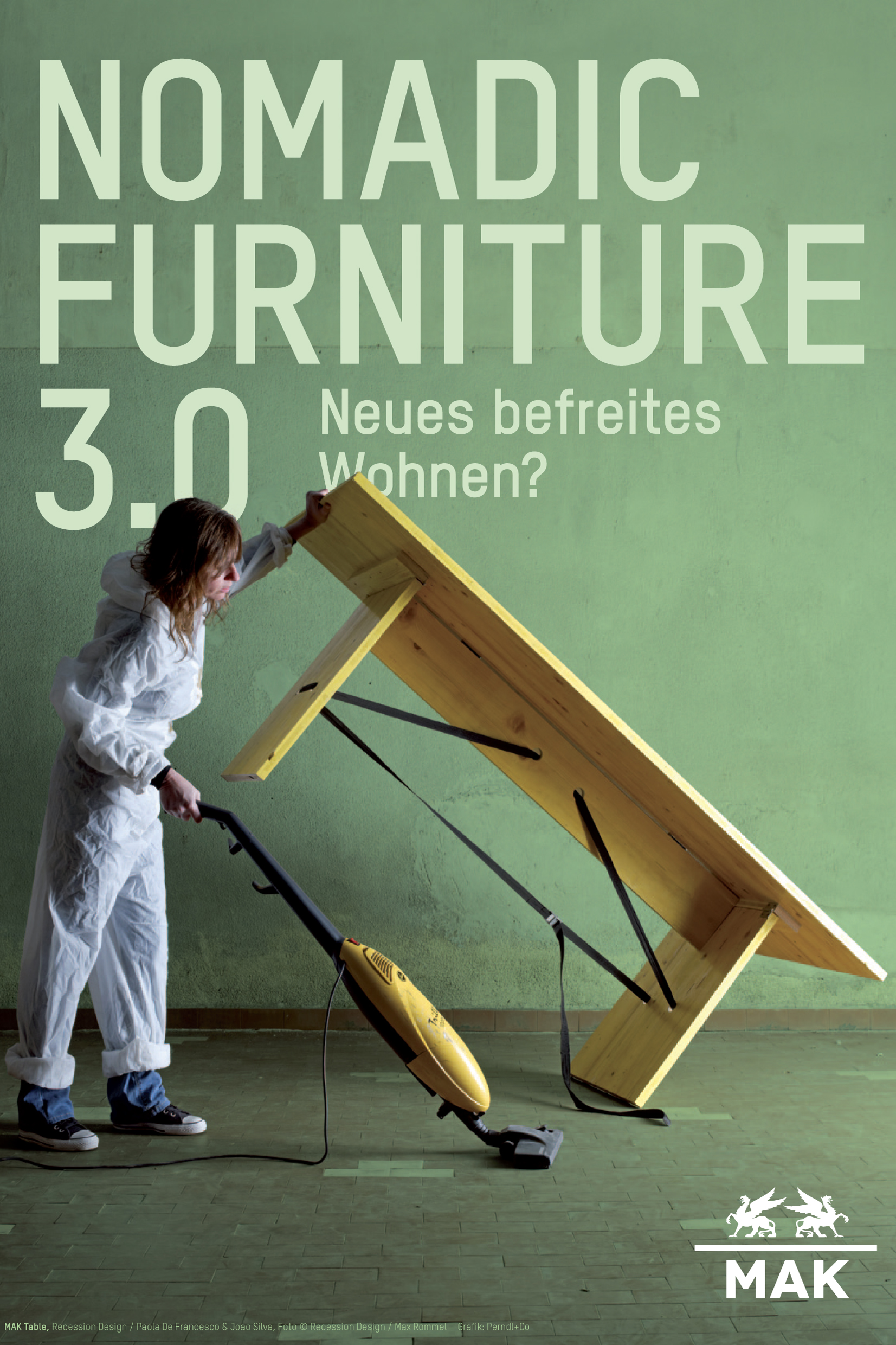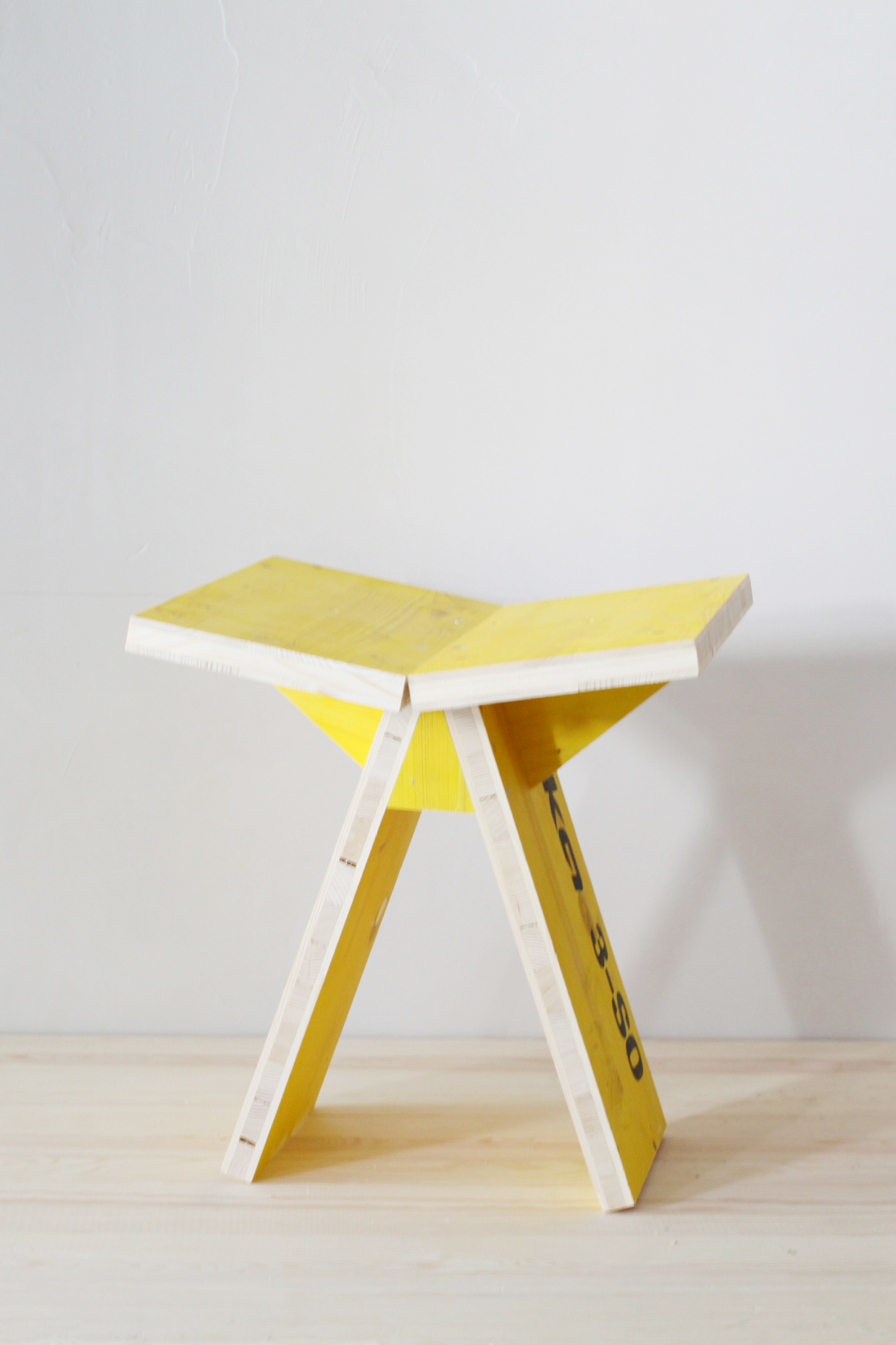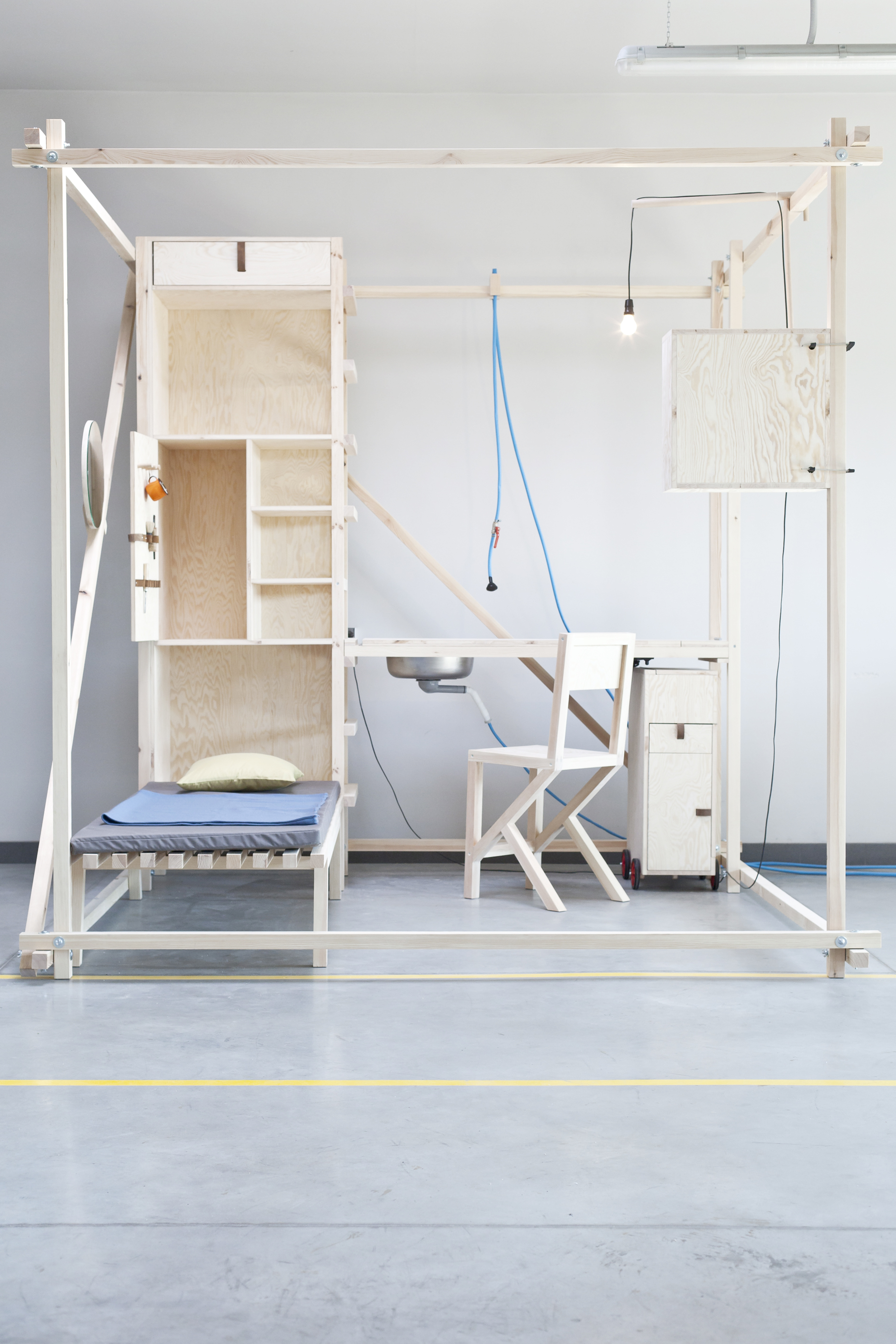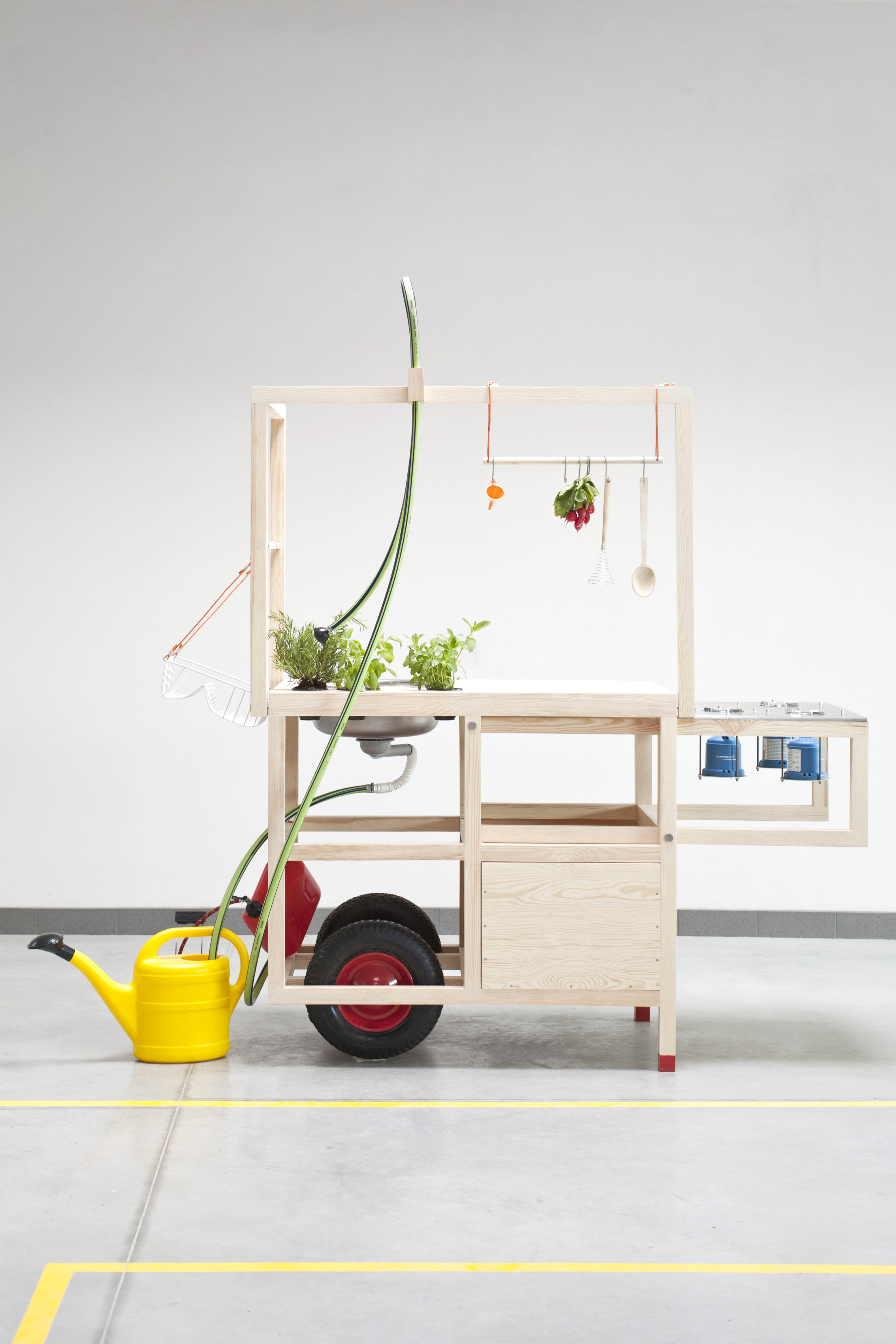“Breadcrumbs – an anthology of Polish lyrical poetry with the motif of bread”
Text: Klara Czerniewska-Andryszczyk
Bread is deeply engrained in Polish vernacular culture. However, it was not until I tasted a slice of Maciej Chmara’s self-baked loaf this past summer that I finally understood the meaning of many ritualised gestures that, for me, were somewhat anachronistic and totally incomprehensible. The modest reverence of our ancestors, picking up and kissing slices of bread when they happened to fall on the ground; the utter disgust I caused my grandmother when throwing out uneaten bread – mouldy or dry, inedible for anyone; the customs that are still cultivated at weddings or official ceremonies, such as inaugurations of public buildings and end-of-summer harvest festivals (“dożynki”); the mysterious link to the spiritual, the divine, the (super)natural – suddenly appeared perfectly proper after we spent a few days together, tasting, smelling, and discussing (his) bread.
As an inspiration, Maciej left me a book with more than 240 poems and 103 Polish proverbs featuring the motif of bread, written between the 1400s and the 1990s. The anthology, published in the 1990s, allows you to travel through epochs, styles, and topics. Varying stylistically across the centuries but recurring throughout the book, these motifs could (arguably) be treated as a pars pro toto of the history of Polish culture, covering significant aspects of our heritage and cultural identity.
To begin with, it is perhaps important to mention that the etymology of the term “zboże,” which denotes “cereals” and “grain” in Polish, refers to something “coming straight from God.” The idea that bread and crops are provided by a supernatural force and the rituals of gratitude this inherently entails, seem to be shared with many a nation or tribe, past or present – and not only Christian, although this is particularly relevant in our Polish context.
In fact, the anthology could just as well serve as proof of most Poles’ vigorous religiosity, as the vast majority of poems, up until the 20th century, combine the motif of bread and land cultivation with the theme of God and the teachings of the Bible. (NB: Perhaps it was only possible for the anthology to be published in the 1990s, i. e. after the fall of communism, as it was not until the late 1970s that religion was finally – although reluctantly – admitted back into the public realm: Karol Wojtyla, himself an actor and poet cited in the anthology, was elected Pope John Paul II in 1978, and since then, Poland experienced a national surge in religious expression, which, combined with the Solidarity Movement, lasted well into the late 1990s and in some aspects continues to this day.)
In Christian mythology, God is the creator of everything – the Earth, the human being, and the cosmos. I find it hard to comprehend that there are people in the 21st century still believing that “God gave man dominion over all things”, i. e., the natural world. Nevertheless, throughout the whole book, we witness thankful prayers praising God for his generosity. For instance, Jan Kochanowski, the most important Polish poet of the Renaissance, concludes his classic Psalm 65 thus:
“…Wherever you place your foot
You multiply abundance.
The deserts bloom, the mountains rejoice
The fields are full of cattle, and grains
Grow in the valleys, and full of hope,
The ploughman laughs.”
Pleas for the rain to come and fertilise the soil are equally abundant – times (and climate) may change, but our complaints about the weather and the fears of farmers about their crops prevail:
“Let you squeeze those humid clouds with your holy hand
And they will nurture the arid land and trees
That burn.”
(Kochanowski, again).
As in many other countries, the Christian code of conduct seems to have been added to the pre-Christian, “pagan” beliefs. The idea of a peasant living in close relationship with the cyclicity of nature – starting work at dawn and finishing at dusk, or adapting to the cycle of seasons, merges with the ancient commandment to remember the Sabbath day and keep it sacred (noted e. g. by Jan Kochanowski and Adam Mickiewicz, the nation’s prophets from the Renaissance and Romantic period respectively).
The ritualisation of labour is also praised throughout the ages. However, the perspective shifts with time. It is interesting to read the poems written in the 20th century: through the first iterations of anti-colonial thought e. g. by Antoni Słonimski (strangely recalling motifs found in the verses of the Baroque era that described Poland as a fertile land able to feed other countries, “a granary of Europe” producing and exporting crops across the early modern world – which, again, is an iteration of the quasi-religious motif of Poland as “a Messiah of nations”), to propagandist, socialist-realist pamphlets of the 1950s, to various more “domestic” or “folk-inspired” approaches, through which one can learn the hierarchies and traditions of breadmaking, and, additionally, conduct some ethnolinguistic exercises, discovering such now forgotten terms such as “dzieża” [djiezhah] – a large wooden container used to pat and leaven sourdough, or “snopowiązałka” [snoh-poh-vyazaukha] – the revolutionary reaper-binder, described by many a Socialist Realist.
It is also interesting to identify the protagonists of the poems. Is it the bread itself? Or the land that originated it? Or God Almighty? Is it the peasants as a nameless group? Or the poet’s closest relative who bakes tasty loaves every morning?
In some cases, the poet’s attitude towards bread reflects his/her attitude towards the world, his/her home country, or the society s/he lived in. I believe it is vital to underline the distance with which the poet reflects on the farmers or other people involved in making bread. Although breadmaking was perceived as a creative act – one that comprised a lot of effort, toil, and skill that was indisputably praised, the poet almost never put him- or herself in the shoes of the baker, implicitly marking a deep class divide between manual labour and creative work. In short: the poet never bakes. On the contrary, s/he often positions him-/herself as a guest, a visitor, a stranger coming from afar. Someone who just jumps in and shares a meal with the “collective subject”:
“Oh, you, who by blind fate are condemned to work,
You are the mainstay of the state. Venerable peasants,
The lifeblood of nations (...)
By feeding and defending others, you are
The first class of mankind! (...)”
- writes the prominent author, scholar, politician and activist, Ludwik Osiński, at the turn of the nineteenth century.
Marianna Bocian, one of the few female poets included and herself the editor of the anthology, noted in “Bratu Janowi, a więc chłopom polskim” (“To my brother Jan, and therefore, to Polish peasants”):
“(…) my eight-year-old brother
sowed rye with his hand
he cried as it was beyond his strength
(…)
God summoned your hands to sow and reap
you sowed your sweat and tears in me
(…)
you ask: is it true that writing poetry
claims your entire life? Why is it given to just a few…
you say, laughing: sowing is no art at all
even a child knows how to do it!
have you already forgotten the toil of learning to sow
which, years later, became the masterpiece of your life?
(…)”
The poet thus observes that everyone is blessed with a different gift, playing a different role in society. The role of the poet, however, is the frailest:
“When the worst comes
When the soldier fights without bread,
We shall not write poetry.”
- claimed Stefan Garczyński, who fled Poland after the 1831 November Insurrection and died soon after in the South of France.
Consequently, bread, soil and farm workers are substituted by the figures of soldiers and blood spilt on that same land. The common attribute in both cases is the scythe: used for crops in times of peace, and, assembled vertically, used as a weapon during uprisings. In 1795, Poland disappeared from the map of Europe for 123 years. Poles mounted several insurrections to maintain their identity in the lands that became part of Russia, Prussia, and the Austro-Hungarian Empire. All this can be read between the lines of poems assembled in the volume. The metaphor of the field as a fertile ground and a burial place all at once, the resemblance of grains and drops of blood – this comes back each time there is war or famine, up until the 20th century, with World War II, the concentration camps, gulags, and the martial law of 1981–1983. Consequently, the motif of bread is followed by the motif of hunger, with all its dull and painful iterations. A forgotten phrase struck me: to work “on foreign bread”, meaning to work for a stranger, only for the money, without the satisfaction promised by “the real thing” – the bread ascribed to one’s own land.
Bread brings memories. The taste and smell of it evokes nostalgia. The poets bring back tender memories of their childhood or depict the landscapes of their youth in a romanticised vein, full of metaphors and colours and sounds. Sometimes, one can even deduct where the poet was from when he recalled a loaf baked on leaves of calamus or horseradish. Others, like Kazimierz Wierzyński or Mieczysław Braun, suggestively evoke the implicit sexuality of moist ground and fertile seeds in their sensual, synaesthetic verses, full of juicy, clacking sounds.
Essentially, bread is meant to be shared. Again, this notion is closely linked to Christianity and the story of the Last Supper, the miracles of Jesus, and the Eucharist.
εὐχαριστία – what a beautiful word! Literally meaning to give thanks, to be grateful – it should be the quintessence of our relationship with nature, and with other people. Regardless of the economy, whether bread is a gift or is given in exchange (as in Malin Elmlid’s project, The Bread Exchange, launched around 2013), let us delve into the words of Maria Majchrzak – a fragment from her poem, Reconciliation:
“I offer my hand like bread
As a reconcilement
Sincerely
Let the salt
Drip from your eye
We will leaven the dough
To make bread
And I believe
We will form a loaf
For our shared
Brotherly table.”
